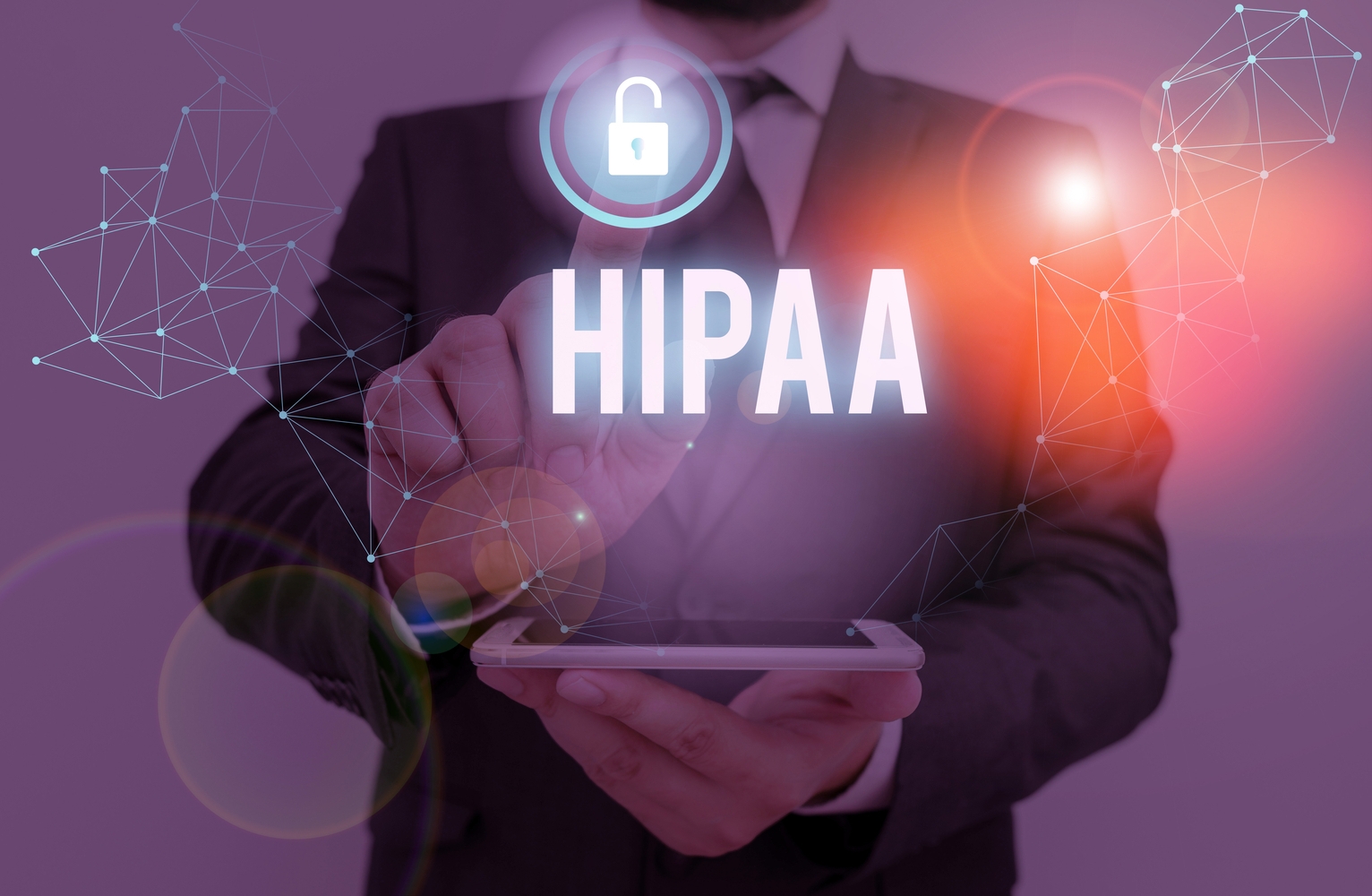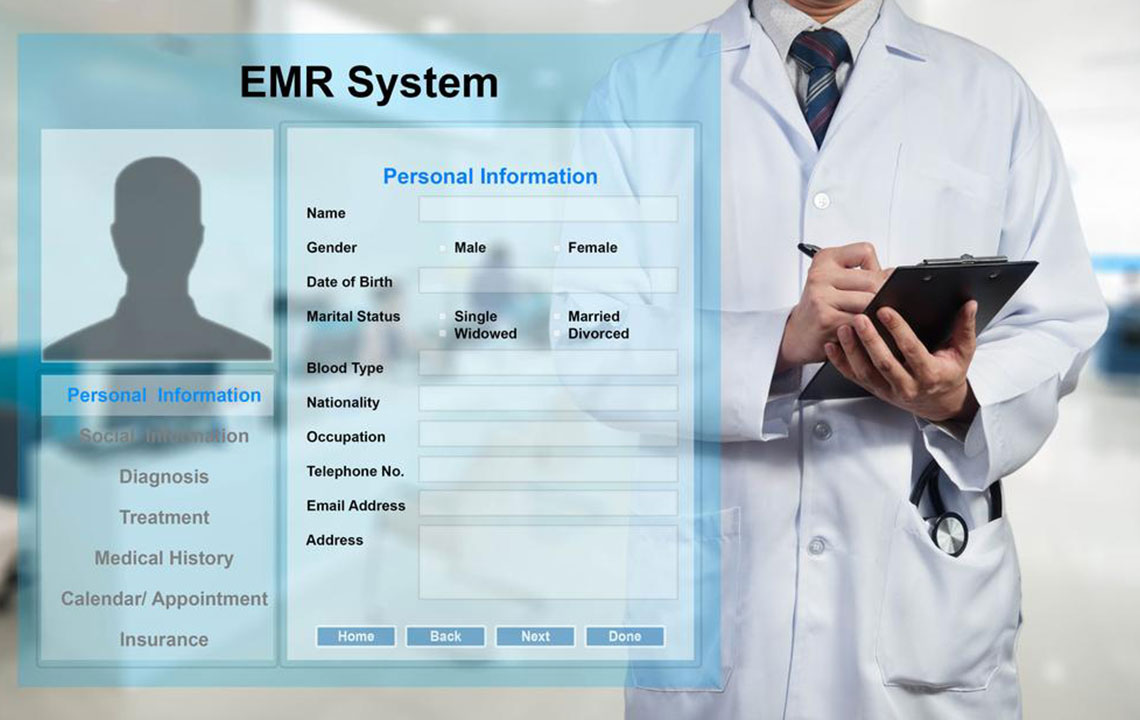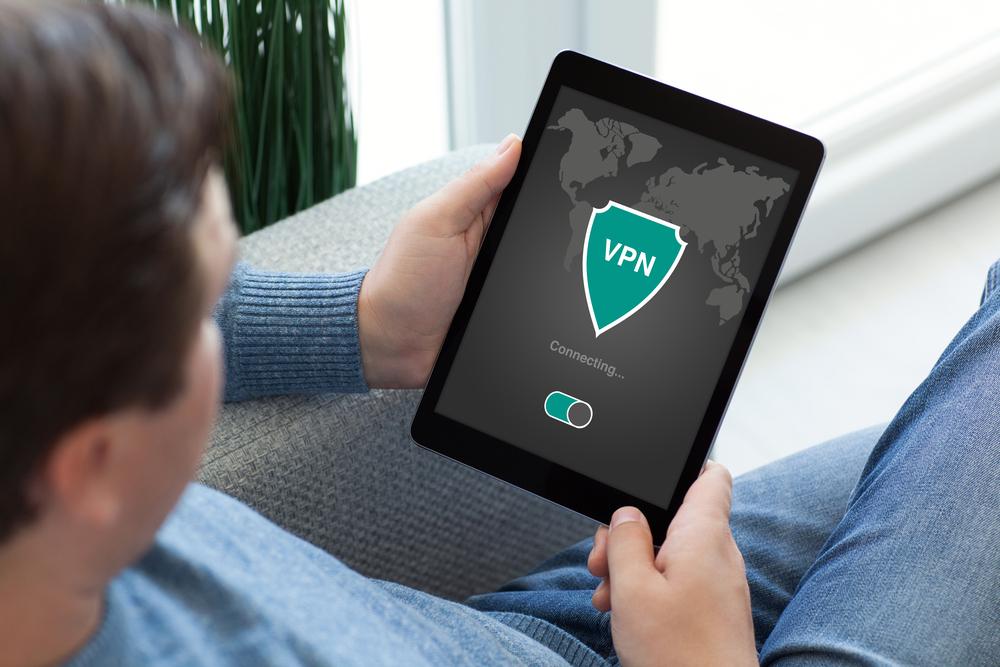Ensuring Healthcare Data Privacy with Advanced HIPAA-Compliant Software Solutions
This comprehensive guide explores HIPAA-compliant software solutions vital for securing patient data in healthcare settings. It covers key features, telemedicine security options, top platforms like G Suite, and tips for choosing the right tools to ensure legal compliance and data safety. Essential reading for healthcare providers committed to safeguarding sensitive health information while enhancing operational efficiency.

Ensuring Healthcare Data Privacy with Advanced HIPAA-Compliant Software Solutions
In today's rapidly evolving digital healthcare landscape, protecting patient information has become more critical than ever. Healthcare organizations, telehealth providers, and related entities must adhere to strict data privacy standards set forth by the Health Insurance Portability and Accountability Act (HIPAA). Achieving and maintaining HIPAA compliance is vital not only to avoid penalties but also to build and sustain patient trust. To accomplish this, healthcare providers increasingly rely on specialized software solutions designed to ensure the security of electronic protected health information (ePHI). This comprehensive article explores the importance of HIPAA-compliant software, its key features, its role in telemedicine, and the top tools available—including G Suite HIPAA services and telehealth platforms—offering insights for healthcare organizations aiming to safeguard their data effectively.
Demystifying HIPAA Compliance Software
HIPAA compliance software encompasses a variety of specialized platforms designed to assist healthcare providers, clinics, and telehealth services in meeting stringent data security standards mandated by law. These tools are engineered to protect sensitive patient data, ensuring confidentiality, integrity, and availability of health information across digital channels. The implementation of such software minimizes human error, simplifies adherence to complex legal requirements, and provides continuous security monitoring, thereby reducing the risk of data breaches and legal penalties.
Core Functionalities of HIPAA Compliance Software:
Data Encryption: Ensures that data stored on servers and transmitted over networks remains encrypted, safeguarding against unauthorized access.
Audit Trails: Maintains detailed logs of all interactions with ePHI, including access and modifications, providing transparency and accountability for compliance audits.
User Authentication: Implements secure login protocols such as multi-factor authentication (MFA) to verify the identities of users accessing sensitive information.
Risk Assessment and Management: Identifies vulnerabilities within healthcare IT systems and recommends security enhancements to mitigate potential threats.
Automatic Software Updates: Keeps security measures current by applying patches and updates proactively to defend against emerging cyber threats.
Legal and Contractual Compliance: Ensures adherence through Business Associate Agreements (BAA) that legally obligate third-party vendors to comply with HIPAA standards.
The Significance of HIPAA Compliance in Telemedicine
As telemedicine continues its exponential growth, ensuring HIPAA compliance becomes increasingly complex yet critically important. The digital transmission of sensitive health data expands the attack surface for cybercriminals, necessitating robust security protocols. Non-compliance with HIPAA can not only lead to hefty fines but also damage the reputation of healthcare providers by eroding patient trust. Therefore, integrating HIPAA-compliant software into telehealth operations is essential to secure remote consultations, exchange of electronic health records, and other digital interactions.
Features of Telehealth Solutions Designed for HIPAA Compliance:
Encrypted Video Conferencing: Facilitates secure remote consultations, ensuring that video and audio streams are encrypted and protected from eavesdropping.
Digital Electronic Consent Forms: Streamlines patient consent collection electronically, securely storing consents within compliant systems.
Electronic Medical Record (EMR) Integration: Ensures smooth, secure transfer and management of digital health records that are accessible only to authorized users.
Encrypted Secure Messaging: Provides a protected communication channel between healthcare providers and patients to exchange sensitive information.
Data Backup & Disaster Recovery: Implements consistent data backups and robust recovery plans to prevent data loss in case of system failures or cyberattacks.
These core features collectively enhance data privacy and operational security, making telemedicine safer and more trustworthy for both providers and patients.
Leveraging G Suite for HIPAA Compliance
Google’s G Suite, now known as Google Workspace, offers a set of cloud-based productivity tools that can be configured to meet HIPAA requirements when used correctly under a Business Associate Agreement (BAA). Healthcare organizations utilize Gmail, Google Drive, Google Meet, and Calendar with security features tailored for healthcare data protection, facilitating seamless collaboration without compromising compliance standards.
Advantages of Using HIPAA-Compliant G Suite:
Secure Email and Data Storage: Communications and stored files are encrypted both at rest and in transit to prevent unauthorized access.
Granular Access Controls: Enables administrators to set permissions and restrict user access based on roles to minimize exposure of sensitive information.
Detailed Audit Trails: Maintains logs of user activity, which are vital during compliance audits and investigations.
Multi-Factor Authentication (MFA): Adds an extra layer of security to user login procedures, preventing unauthorized access even if credentials are compromised.
When properly configured under a BAA, G Suite provides a reliable, scalable platform for healthcare organizations seeking to comply with HIPAA regulations while maintaining operational flexibility.
Comparative Overview of Leading HIPAA Compliance Platforms
Choosing the right compliance platform involves evaluating features, costs, scalability, and usability. Below is an overview of some top-rated solutions tailored for healthcare organizations:
| Platform | Features | Best For | Approximate Cost |
| Compliancy Group | Risk assessments, audit support, BAA management | Small and medium-sized practices | $299/month and up |
| Paubox | Encrypted email, secure sharing | Secure email communication | Starting at $29/user/month |
| Meditab | Telehealth features, EMR integration, ePHI security | Larger healthcare organizations | Custom pricing |
| G Suite (HIPAA compliant) | Secure collaboration tools, encrypted messaging | Cloud-based practices | Starting at $6/user/month |
| VSee | Video conferencing, telemedicine platform | Telehealth services | Starting at $49/provider/month |
How to Choose the Right HIPAA Compliance Software for Your Practice
Selecting the optimal software solution requires careful assessment of your organization’s specific needs. Consider these guidelines:
Assess Security Needs: Determine whether you require comprehensive telehealth solutions, secure communication channels, or basic data storage features.
Verify BAA Support: Confirm that vendors provide Business Associate Agreements to ensure legal compliance with HIPAA standards.
Scalability and Flexibility: Choose software that can accommodate future growth or changes in your practice’s size or services.
User Experience: Opt for intuitive, user-friendly interfaces to facilitate staff adoption and minimize errors.
Cost vs. Value: Balance your budget with the features offered to maximize return on investment.
Maintaining HIPAA compliance is a fundamental requirement for healthcare providers and related organizations, especially when managing sensitive health data across various platforms. Solutions such as G Suite and dedicated telehealth software provide robust tools and security measures to assist organizations in safeguarding patient information, ensuring regulatory adherence, and fostering trust with patients.
Investing in the right software, coupled with comprehensive staff training and ongoing compliance monitoring, is essential for mitigating risks and upholding the highest standards in healthcare data security. Ultimately, these measures protect both organizational reputation and the privacy rights of patients.
References
Compliancy Group. (n.d.). HIPAA Compliance Software. Retrieved from Compliancy Group
Google Workspace. (n.d.). HIPAA Compliance with G Suite. Retrieved from Google Workspace
Paubox. (n.d.). Secure HIPAA Email. Retrieved from Paubox
Meditab. (n.d.). Telemedicine Solutions. Retrieved from Meditab
VSee. (n.d.). HIPAA Compliant Telemedicine Platform. Retrieved from VSee





